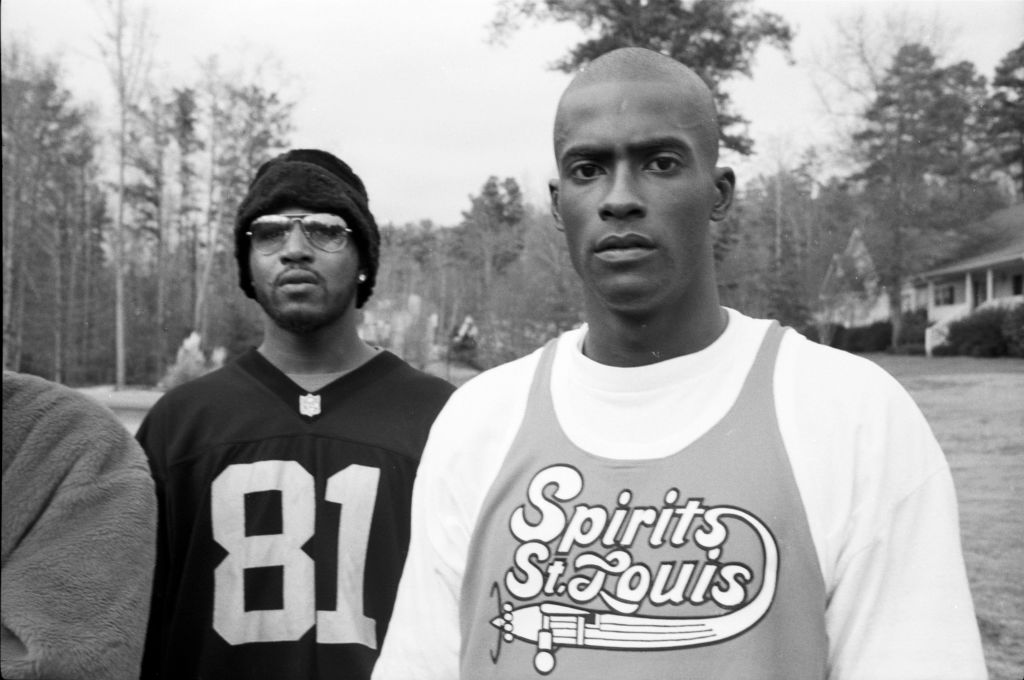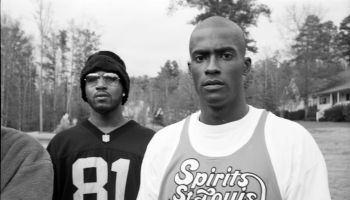On November 7th , many Americans will experience a small version of jet lag without ever leaving the comfort of their homes.
The transition from Daylight Savings Time (DST) back to standard time may leave millions of people temporarily sleepless in Seattle, New York and most cities in between.
“The hour we gain when DST ends has a similar effect on our bodies as the jet lag you’d experience flying from Houston to Colorado, which is one hour earlier,” says Dr. Kristyna M. Hartse, director of the Sleep Center at Spring Branch Medical Center in Houston. While a one-hour time change seems far from dramatic, don’t discount the sleeplessness that may occur when we “fall back” to standard time this month, although it is more difficult overall to adjust your sleep schedule in the Spring when DST begins.
“For people with sleep problems, even a one-hour time change can be trouble,” says Hartse, whose patients see her for a myriad of sleep disorders such as insomnia, sleep apnea, and snoring. Some of them see her because they’re dreading the end of DST.
“People who have trouble sleeping get sensitive to time changes in advance, because they know they’ll have an even harder time going to sleep,” she says.
While the upcoming time change doesn’t pose a major sleep threat for most, the hour gain can temporarily leave even solid snoozers wide-eyed at bedtime. According to Hartse, if your normal bedtime is 10:00 p.m., that’s when your body is programmed for sleep. Once your clocks are set back to standard time, your body will be ready for sleep at 9:00 p.m.
“Until your body clock adjusts, it may be more difficult to fall asleep at the desired clock time and be more difficult to get up in the morning because it’s now earlier than in DST,” says Hartse. The most important thing, she stresses, is to get on a regular schedule so your sleep rhythms will be in sync with the clock. To do this, Hartse offers the following tips:
– Be aware that the time change may cause some disruption of your schedule.
“If you know you’re sensitive to time changes, try going to bed
later and waking up later by the same amount in anticipation of
the time change,” says Hartse. For sensitive sleepers, about a
week beforehand, start going to bed 10 minutes later than usual.
The next night, go to bed 20 minutes later. Keep adding another
ten minutes each night, so that when daylight savings ends, your
body’s clock is in sync with the new external clock time.
– Don’t take naps during the day.
When you take naps, you start shifting your body’s sleep rhythm
by sending the message that daytime is sleep time. “When it’s
time to go to bed, you want to be able to sleep,” Hartse explains.
“If you fill up your sleep quota too early, it’s like a glass
half-filled with water … there’s not much room left to fill up
later in the day.” If you sleep well at night and take occasional
catnaps, says Hartse, that’s usually not a problem. “But you don’t
want to `make up’ for missed sleep by going to bed at 6:00 p.m.
one night, or you’ll wake up at 4:00 a.m.,” she says. “A consistent
sleep schedule is critical.”
– Have patience and give your body a chance to adjust.
It takes about that long for your body’s temperature rhythms to
adapt to the new clock time. Temperature rhythms affect alertness
in that your body temperature is at its highest during waking
hours, daytime for most people. At night when you’re asleep, body
temperature falls and reaches its lowest point. That’s why, Hartse
explains, if you try to stay awake at night when your body
temperature is at its lowest, you feel miserable. “When people say
they feel a `second wind’ beginning in the early morning,” says
Hartse, “it’s because their body temperature starts to rise and
they’re feeling better.”
“If you’re generally a good sleeper, but you notice that you suddenly have problems once DST ends, it’s probably nothing to worry about,” Hartse says. Then again, if sheep counting is a nightly ritual in your bedtime repertoire, it may be time to see your doctor for advice.
The Sleep Center at Spring Branch Medical Center is a state-of-the-art facility that uses the latest in computer technology for the evaluation of sleep disorders. One of only two centers in the Houston area accredited by the American Sleep Disorders Association, the Sleep Center evaluates problems such as snoring, sleep apnea, narcolepsy, trouble sleeping at night, sleep walking and unusual movements during sleep, and other difficulties with sleep. For further information or to schedule an evaluation, call the Sleep Center at 713/984-3519.
RELATED: Devin Thomas Cut By Mike Shanahan From Washington Washington Football Team After Nap
















